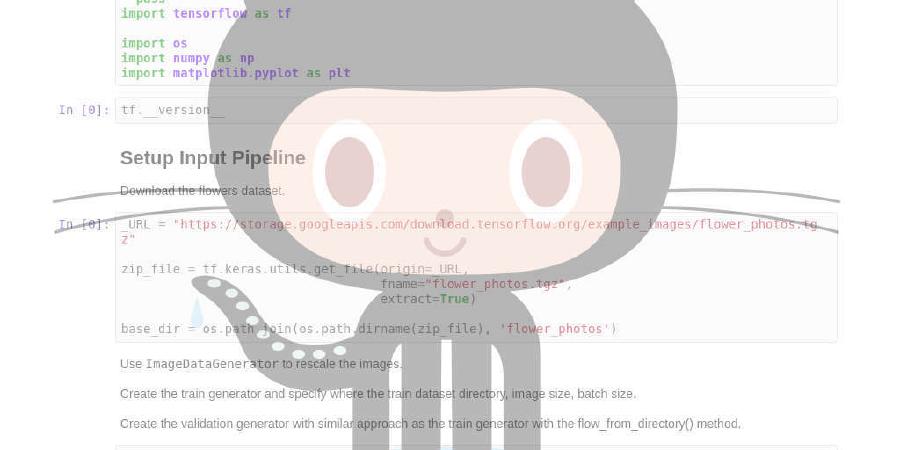Shawn-Shan/fawkes

Fawkes, privacy preserving tool against facial recognition systems. More info at https://sandlab.cs.uchicago.edu/fawkes
| repo name | Shawn-Shan/fawkes |
| repo link | https://github.com/Shawn-Shan/fawkes |
| homepage | https://sandlab.cs.uchicago.edu/fawkes |
| language | Python |
| size (curr.) | 416 kB |
| stars (curr.) | 3311 |
| created | 2020-05-18 |
| license | BSD 3-Clause “New” or “Revised” License |
Fawkes
Fawkes is a privacy protection system developed by researchers at SANDLab, University of Chicago. For more information about the project, please refer to our project webpage. Contact us at fawkes-team@googlegroups.com.
We published an academic paper to summarize our work “Fawkes: Protecting Personal Privacy against Unauthorized Deep Learning Models” at USENIX Security 2020.
NEW! If you would like to use Fawkes to protect your identity, please check out our software and binary implementation on the website.
Copyright
This code is intended only for personal privacy protection or academic research.
Usage
$ fawkes
Options:
-m,--mode: the tradeoff between privacy and perturbation size. Select frommin,low,mid,high. The higher the mode is, the more perturbation will add to the image and provide stronger protection.-d,--directory: the directory with images to run protection.-g,--gpu: the GPU id when using GPU for optimization.--batch-size: number of images to run optimization together. Change to >1 only if you have extremely powerful compute power.--format: format of the output image (png or jpg).
when –mode is custom:
--th: perturbation threshold--max-step: number of optimization steps to run--lr: learning rate for the optimization--feature-extractor: name of the feature extractor to use--separate_target: whether select separate targets for each faces in the diectory.
Example
fawkes -d ./imgs --mode min
Tips
- The perturbation generation takes ~60 seconds per image on a CPU machine, and it would be much faster on a GPU machine. Use
batch-size=1on CPU andbatch-size>1on GPUs. - Turn on separate target if the images in the directory belong to different people, otherwise, turn it off.
- Run on GPU. The current Fawkes package and binary does not support GPU. To use GPU, you need to clone this, install the required packages in
setup.py, and replace tensorflow with tensorflow-gpu. Then you can run Fawkes bypython3 fawkes/protection.py [args].

How do I know my images are secure?
We are actively working on this. Python scripts that can test the protection effectiveness will be ready shortly.
Quick Installation
Install from PyPI:
pip install fawkes
If you don’t have root privilege, please try to install on user namespace: pip install --user fawkes.
Academic Research Usage
For academic researchers, whether seeking to improve fawkes or to explore potential vunerability, please refer to the following guide to test Fawkes.
To protect a class in a dataset, first move the label’s image to a seperate location and run Fawkes. Please use --debug option and set batch-size to a reasonable number (i.e 16, 32). If the images are already cropped and aligned, then also use the no-align option.
Contribute to Fawkes
If you would like to contribute to make Fawkes software better, please checkout our project list which contains our TODOs. If you are confident in helping, please open a pull requests and explain the plans for your changes. We will try our best to approve asap, and once approved, you can work on it.
Citation
@inproceedings{shan2020fawkes,
title={Fawkes: Protecting Personal Privacy against Unauthorized Deep Learning Models},
author={Shan, Shawn and Wenger, Emily and Zhang, Jiayun and Li, Huiying and Zheng, Haitao and Zhao, Ben Y},
booktitle="Proc. of USENIX Security",
year={2020}
}







